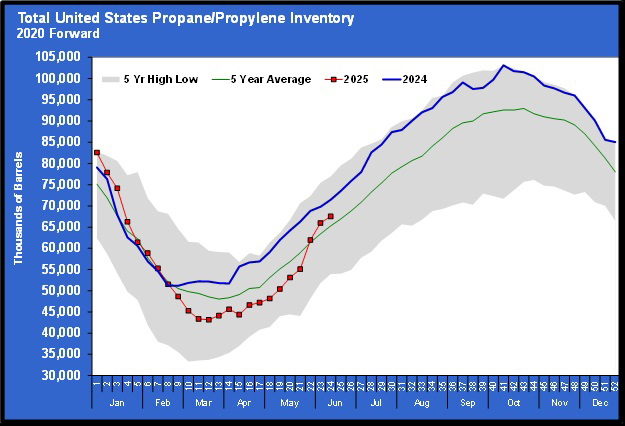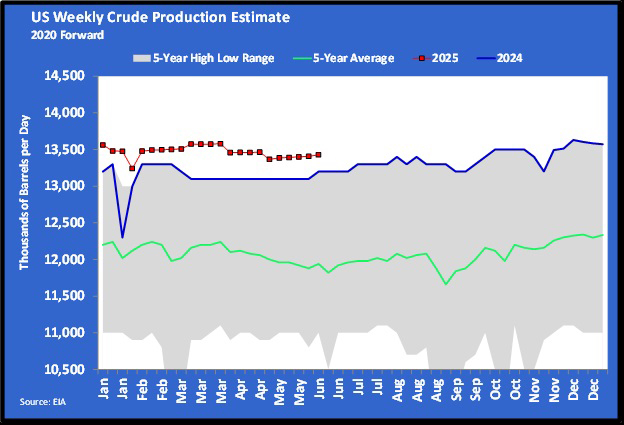Propane’s presence felt at Tri-State Alternative Fueling Expo
Themed “Success Stories,” the second annual Tri-State Alternative Fueling Expo & Conference was held Feb. 24-26 at the Monroeville Convention Center in Monroeville, Pa. The event blended the expanding alternative fuels trade with the transportation and shale oil and gas industries.
The expo showcased exhibitors from across the alternative fuels spectrum, including propane autogas, compressed natural gas (CNG) and hybrid options. These included heavy-, medium- and light-duty trucks; cars; buses; and motorized equipment that runs on alternative fuels. In addition, fueling infrastructure for propane and CNG was on display.
The centerpiece of the expo floor was a CNG fueling station, which, after the event, was bound for Bentleyville, Pa. It, along with a propane fueling station, will form Energy from U.S. 1 (EFUS), a CNG and propane refueling station that is being built and will be one of only a handful across southwestern Pennsylvania.
A special announcement was also revealed at the expo. U.S. Gain (GAIN Clean Fuel); “O” Ring CNG Fuel Systems, the builder of Energy from U.S. 1; and “O” Ring’s affiliates will co-brand “O” Ring’s existing CNG stations as “O” Ring CNG/GAIN Clean Fuel and incorporate them into U.S. Gain’s nationwide infrastructure of CNG stations.
With the domestic abundance and growth of the shale oil and gas industry in the United States, the alternative fuels industry (propane and CNG in particular) has benefited. Both propane and CNG are cleaner than other petroleum-based fuels and help reduce emissions from greenhouse gases. Plus, they offer America energy security because their source comes from areas like the Marcellus and Utica shale plays, a region under the feet of millions of Americans.
Propane marketer involvement
ProGas Inc., a propane marketer in Pennsylvania, West Virginia and Ohio, had propane-fueling infrastructure on display that included a 1,000-gallon dispensing station and a cylinder exchange cabinet used for portable equipment.
“The 1,000-gallon propane dispensing station would be used for a fleet account,” says Ronald Schramm, president of ProGas. “It is a unit that we could take to their location. From that they could fuel their cars or vehicles.”
Many fleet vehicles, such as school buses, shuttles and police vehicles, are utilizing autogas as a fuel source.
This year, with the help of the Propane Education & Research Council, propane vendors had a section in the exhibit hall.
“Having everything grouped together allowed the attendees the opportunity to walk over to specific equipment or machinery and discuss it with the exhibitors,” Schramm says. “Also, in the past, we have showcased the use of propane as a motor fuel in light- and medium-duty vehicles. We are still doing that, but this year we are also emphasizing the use of propane in small engines, such as lawn mowers, weed trimmers and marine outboard engines.”
The propane section also included a number of propane-powered vehicles on display, including ProGas’ Ford passenger van, a Blue Bird bus and Roush CleanTech’s propane liquid injection Ford pickup. ProGas also showcased propane-powered lawn equipment, including the Exmark zero-turn mower, a Lehr trimmer and a Lehr 15-horsepower four-stroke outboard motor. In addition to the propane exhibitors’ personnel, the propane area was well staffed by a number of well-versed Pennsylvania Propane Gas Association members.
“CNG and propane autogas are leading the growth in the alternative fuels market,” Schramm says. “Even with lower gasoline and diesel prices, propane autogas continues to offer cost advantages over conventional fuels. Price is a key factor, but not the only factor. Fleet managers look at overall performance, efficiency and productivity. Propane provides all of that and more. With the Marcellus Shale and all the shale plays throughout our country, we as a nation need to use these products and our own energy source.”
Another exhibitor, Beemac Trucking, had a CNG-powered tractor on display. The nationwide flatbed trucking company is headquartered in Ambridge, Pa. In 2014, Beemac completed building a public CNG station in Ambridge to fuel 20 previously purchased original equipment manufacturer CNG Volvo tractors.
Collegiate competition
Universities also became involved with the expo. Both Penn State’s and West Virginia University’s Advanced Vehicle Teams were on hand to discuss the EcoCAR 3 challenge, which is in conjuncture with the Department of Energy.
“EcoCAR 3 is a four-year collegiate advanced vehicle technology engineering competition. It is the third in a series,” says Donghee Lee, communications manager for the Penn State Advanced Vehicle Team. Sixteen teams from the U.S. and Canada participate in this automotive engineering competition to design and develop a hybrid Chevrolet Camaro.”
Additional exhibitors included: Cobey Energy, CP Energy, Cummins Bridgeway, Dearing Compressor & Pump Co., FYDA Freightliner and Energy Solutions, George I. Reitz & Sons Inc., Ozinga Energy and VFG Energy Leasing & Finance.
The keynote speakers for the conference portion of the event included Rich Fitzgerald, Allegheny County chief executive, and Toby Fauver, deputy secretary for multimodal transportation at the Pennsylvania Department of Transportation. Additional sessions were held with presentations from representatives from Giant Eagle, GSP Marketing, Pittsburgh Region Clean Cities, REV LNG, SSP CNG Plus and Waste Management.
During the Natural Gas and Propane Petroleum Reduction Technology Workshop, Tim Hooker, national sales manager for GSP Marketing, addressed the safety of propane and CNG, noting the safety technology used with both fuels.
“With all of the precautionary measures built into the tanks, they are superior to gas tanks,” says Hooker, who also points out that propane-powered school buses are exceptionally built in order to sustain crashes.
Additionally, the auto ignition temperature is beneficially high for both propane and CNG in comparison to other common fuels. For example, CNG’s auto ignition temperature is 1,070 degrees, while propane’s is 890. On the flip side, gasoline’s is 475 degrees, while diesel’s is 420.
Focused on propane mowers
In one seminar, Schramm and Walt Stoltz, marketing services manager for Lawn Equipment Parts Co., provided information on transitioning a commercial mowing fleet to propane. Stoltz talked about lawn equipment, while Schramm discussed fueling options.
“Utilizing propane in commercial lawn mowers makes sense economically and environmentally, and it helps America,” Stoltz says.
He also points out the advantage of mowing season not being in propane’s peak season, along with the fact that gasoline prices typically increase from Memorial Day to Labor Day.
Schramm relayed that propane is not new and has been used for a long time. Propane autogas can be utilized in cars, trucks, buses, marine and lawn care equipment. School buses are the biggest user of autogas, he says, but 97 percent of the U.S. transportation industry is still petroleum based.
Schramm also adds that due to their environmental friendliness, propane lawn mowers can be used on ozone action days and that incentives bring the cost of a new propane-fueled mower close to that of a petroleum-powered mower.
Kristie Kubovic is the director of communications at Shale Media Group. Contact her at kristie@shalemediagroup.com.
















